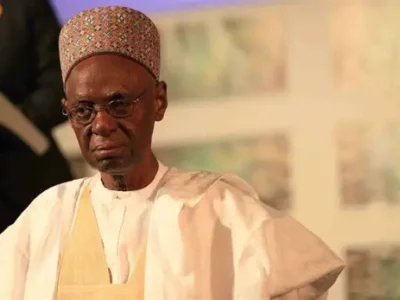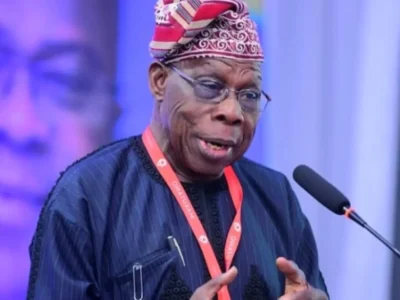The Lagos State Government has approached the Supreme Court seeking leave to initiate contempt proceedings against the National Assembly for allegedly disregarding a subsisting judgment of the apex court on gaming and lottery regulation.
In a motion filed by the state’s Attorney-General, Bode Olanipekun (SAN), Lagos is asking the Supreme Court to permit it to commence judgment enforcement proceedings through the issuance of Form 48 — a legal notice that warns an individual or body of being in contempt of court.
Form 48 is the statutory first step before formal committal proceedings, which can result in imprisonment if the contempt is not purged.
According to an affidavit filed in support of the motion, Lagos argued that the National Assembly’s continued work on the proposed Central Gaming Bill directly violates the Supreme Court’s judgment in SC.1/2008 — Attorney-General of Lagos State & Ors. v. Attorney-General of the Federation & Ors., delivered on November 22, 2024.
The state maintained that several clauses of the proposed bill — particularly Clauses 7 and 21–64 — deal exclusively with lottery and gaming matters, which the Supreme Court had already ruled fall outside the legislative powers of the National Assembly.
Lagos further noted that the provisions of the Central Gaming Bill largely replicate the now-nullified National Lottery Act, struck down in the same 2024 judgment. Both laws, it said, define “lottery” and “online gaming” in identical terms — as any game, scheme, or promotional competition of chance or mixed skill requiring a licence to operate.
The affidavit also drew attention to Clause 62 of the new bill, which introduces “savings provisions” to preserve actions taken under the voided law. Lagos described this as a “direct affront” to the Supreme Court’s authority and a deliberate attempt to revalidate a law already declared unconstitutional.
The state government stressed that since the 2024 judgment, neither the Exclusive nor Concurrent Legislative Lists in the 1999 Constitution (as amended) have been altered to include lottery or gaming, reinforcing the position that the National Assembly lacks jurisdiction to legislate on the subject.
The Supreme Court, in its landmark 2024 ruling, had held that lottery and gaming remain residual matters under state control — rejecting the National Assembly’s reliance on Item 62 of the Exclusive Legislative List, which covers “trade and commerce,” as well as its argument that the electronic or interstate nature of gaming brought it under federal purview.
By returning to the Supreme Court, Lagos seeks to enforce that ruling and compel legislative compliance — a move observers say could redefine the balance of power between the judiciary and legislature in Nigeria’s constitutional framework.




















Comments